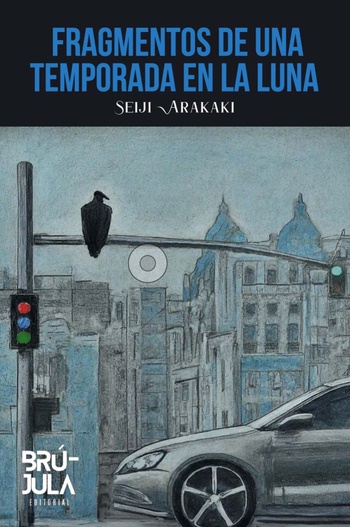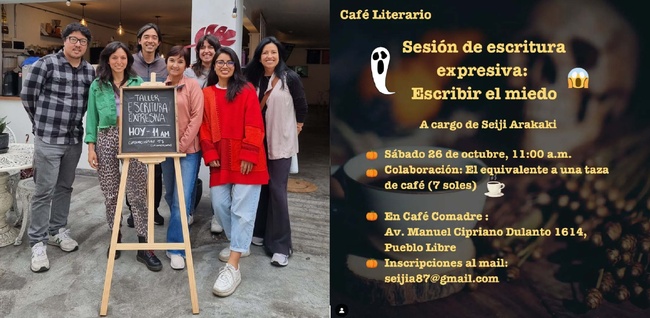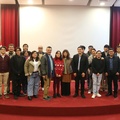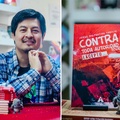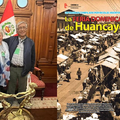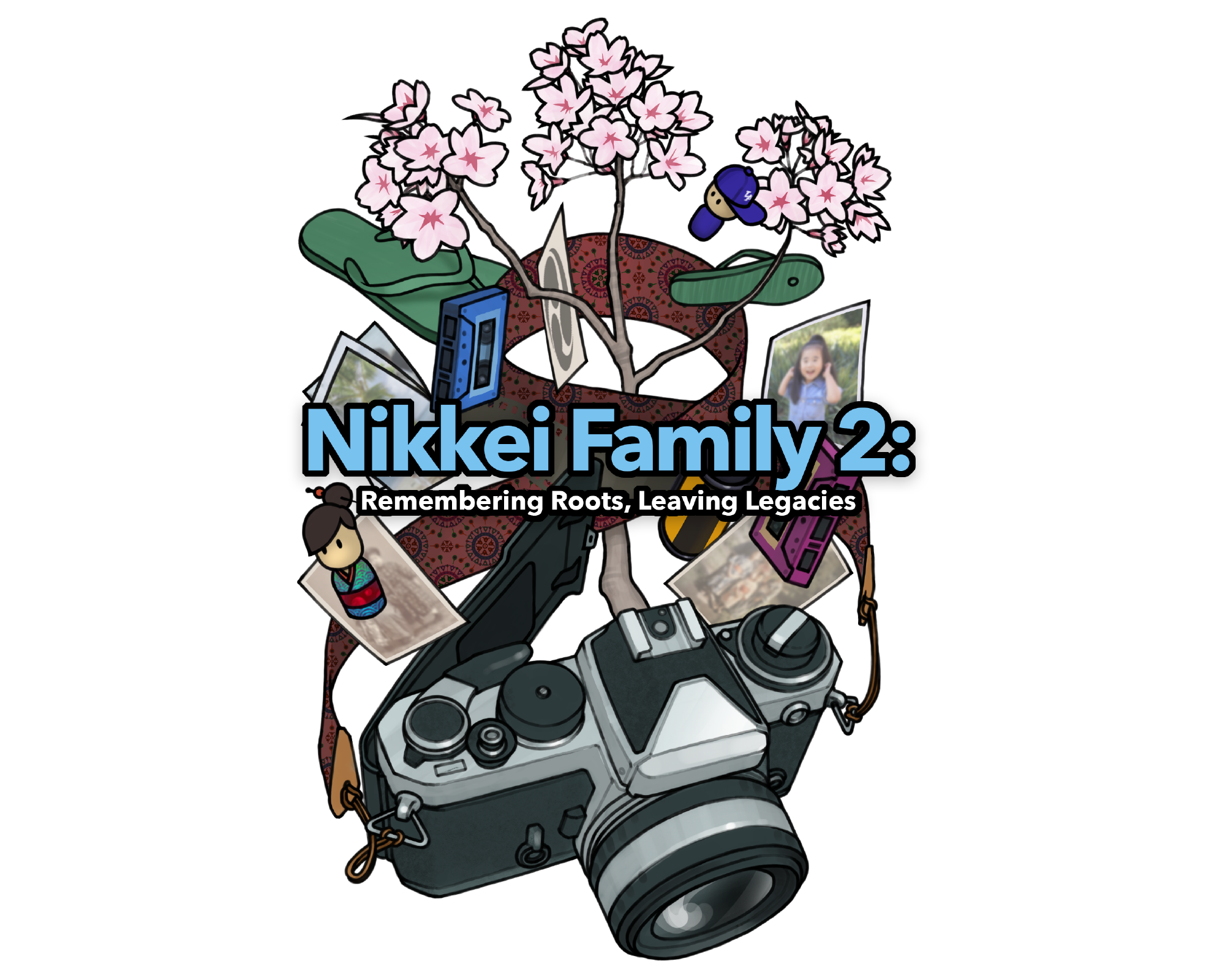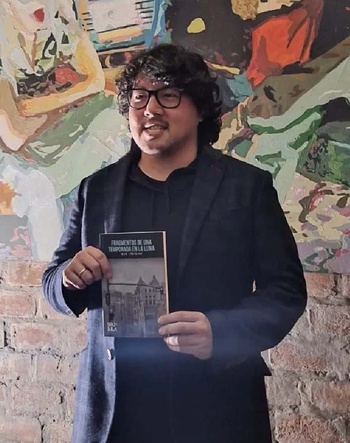
It is not common to find associations that, at first, seem logical, but that are sometimes hidden among the most visible. The relationship between literature and psychology is very fruitful, however, in Peru it does not have many declared exponents. Seiji Arakaki Hirano, a Nikkei clinical psychologist and psychotherapist, was interested in literature long before beginning his career, but it was driven by an experience that left its mark on him.
At 37 years old, he says that his ancestors settled in, among other places, Huacho and Huaral, north of Lima, where some relatives of his maternal family still live, while his paternal family has some businesses in the center of Lima. A restaurant, a bakery and his father's jewelry store, where the children began to know the value of work cleaning the windows and running errands. During those years of childhood and youth, Seiji's fantasies were related to soccer.
He was a forward, and played until he was 17 for the AELU (Asociación Estadio La Unión) team, which at that time belonged to the second division of Peruvian professional football. “I chose a career because I wanted to keep playing,” says Seiji. At first it was engineering, then administration; always thinking of something that would be “profitable.” Then came psychology, although deep down he felt that his path would be guided by letters in one way or another.
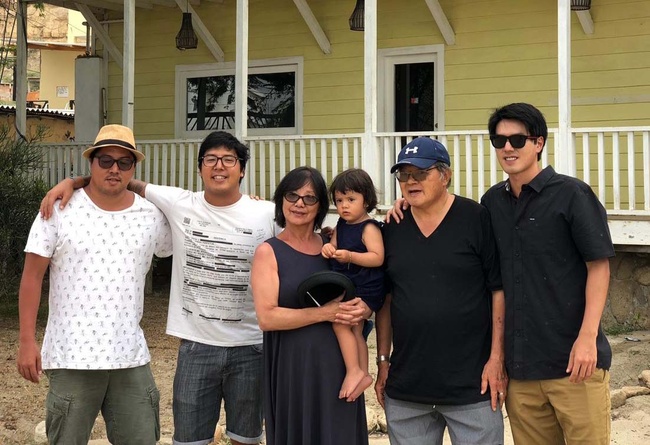
The defining experience
“I went on to play with the Bolognesi club’s under-20 team and I must have been going back and forth, when the option of playing in the United States came up. I went there and did the training. There was the option of studying with a half scholarship, but I couldn’t stay because they denied me a visa due to my grades at university.” Without good grades he couldn’t continue playing. He stayed in Peru and another test awaited him here.
“At AELU, I had become good friends with my coach, Antonio Zubiate, and he invited me to be his assistant for a group of 15-year-old boys, who came from difficult areas and circumstances.” At that time, Seiji had left school and was working in his parents’ business. “And it so happens that a boy from the club was caught stealing and a mess was created with the board who decided to expel him.”
Seiji did not agree with this decision and felt a great frustration because, “I thought that I should have had other tools to help him or detect it earlier. And that is where the idea of studying psychology came from.” Seiji was a scattered reader: of literature, philosophy, history… but with his career came not only clinical readings but also the classics. “I came across a book by Erik Fromm in which he says that by reading Kafka, Tolstoy and Dostoevsky, you understand what a human being is.”
Psychiatry and literature
Seiji had also been interested in literature as a clinical study topic. “I wanted to make that match to find out how the mind works when writing and how conflicts are processed. It was a bit complex, but in the end I was able to do it using teenagers as a population and in the process of looking for participants for my thesis I went to writing workshops. I got involved and never left, I stayed and found other things for myself.”
The pleasure of writing began to materialize and become visible with his first book: Leit motiv (Liwru, 2022), a collection of stories that “show characters who suffer from reality: broken ties, loss, heartbreak, injustice, monotony, madness and meaninglessness.” They are conflicted and confused characters, something that Arakaki himself would go through to a greater extent after the death of his father.
“I told my father that I was going to publish the book in April, but he passed away before and he didn’t get to see it published. He was a reader and I had dedicated the book to him,” says Seiji, who at the same time was working on his next set of stories, now with the crisis caused by his father’s death in mind. “He was competitive, as a child he didn’t leave us idle. For him it was important that we didn’t think we were the sons of the bosses of the jewelry store.”
Return home
“When I started studying psychology, it was like coming home,” says Seiji Arakaki, who always felt that things were happening without being rushed. Unlike his father, he was not competitive and had a rather slow pace for everything he did. “Psychotherapy came up anyway, as I studied, I became interested in clinical topics. At first, my parents were not looking favorably on it.”
He started in 2016 with this specialty and here he has found a place where he feels comfortable. “I never missed football again, just being with friends, but not playing anymore.” He says that his uncle is the outstanding Nikkei footballer Jorque 'Coqui' Hirano, who played in Japan and Bolivia 1 and that his second book, Fragmentos de una temporada en la luna (Brújula Editorial, 2024), renewed his confidence in writing based on the positive comments received.
The one he remembers most is the one that indicated that it was a book of maturity, in which personal aspects are noted that were modifying his way of understanding them and where “various literary concerns are explored that revolve around the human experience of fear, the struggle to find meaning and the fragility of life. It makes it clear to us that death, as distressing as it may be to think about it, is an unavoidable reality.”
Identity therapy
For Seiji, therapeutic writing is a path to self-knowledge and emotional understanding. You don’t need to be a writer, just allow yourself to write without judging yourself. It’s not about writing “well,” but about using writing as a means to express yourself. “It’s a tool to explore emotions, understand experiences, and find mental clarity.” 2 These benefits, which he shares on social media, he has applied in some sporadic literary sessions.
“Once, while leading a literary workshop at the end of the year, I started reading “My Orange Tree” and finished it in one sitting. I thought: I want to make people feel what the author made me feel, I want to move them.” Her second work is based on grief and adds some elements of her Nikkei identity. “The book led me to have a spiritual connection with those customs that I had distanced myself from since La Unión school.”
Arakaki says that after his father's death, he began to experience experiences close to the paranormal. This led him to reflect on his Nikkei traditions, such as butsudan and obon. “I had experienced them as something secondary and from there I began to investigate more and understand my roots and how I am… I realized that there is a lot of that and the conflicts that exist with Peruvian culture.” Writing has been a reunion with himself and his roots, an identity therapy that occupies a central place in his life and that continues while he prepares his next book.
Grades:
1. José Augusto Giuffra, “ Jorge Hirano: Kamikaze in the Altiplano .” (Dechalaca.com. October 10, 2008)
2. “ What is therapeutic writing? ” (Instagram, February 6, 2025)
© 2025 Javier Garcia Wong-Kit


